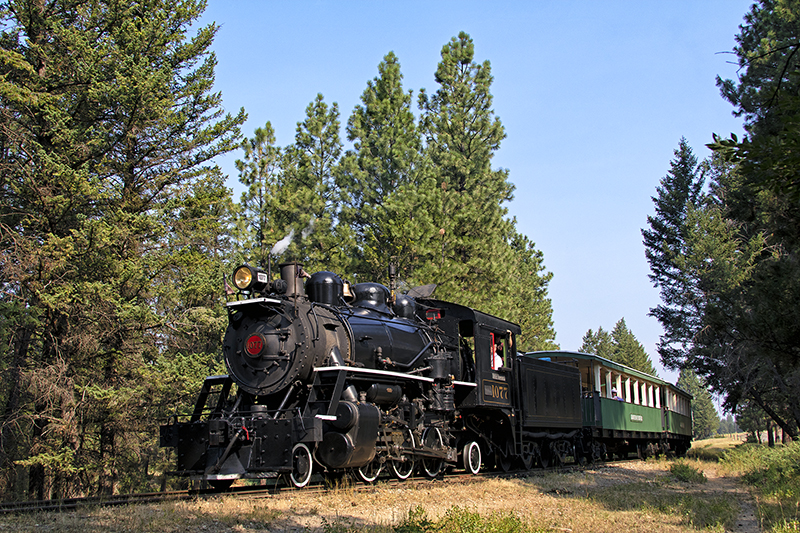Great Western Railway (GWR) and the Scott Polar Research Institute (SPRI) continue to fly the flag for one of Devon’s most famous sons – Antarctic explorer Capt Robert Falcon Scott – dedicating a train named in his honour.
Last month the Friends of SPRI carried a special GWR flag celebrating ‘Great Westerner’ Scott on a voyage to the Antarctic Peninsula.
Among those on the expedition was Scott’s granddaughter, Dafila, and today she joined brother, Falcon, and other members of the Institute at London Paddington to dedicate an Intercity Express Train named after the intrepid explorer back in 2018.
Also present was legendary British explorer Sir Ranulph Fiennes, the first to visit both the North Pole and South Pole by surface means and the first to completely cross Antarctica on foot.
Scott was nominated for the train naming by the public and GWR colleagues as part of GWR’s Great Westerners campaign, recognising past and present heroes from across the network.
Intercity Express Train 802011 was named on 5 December 2018 but a special GWR celebration timed to mark the 100th anniversary of the Institution in 2020 had to be postponed because of the Covid-19 pandemic.
Now GWR and the SPRI, a part of Cambridge University, have joined forces again to ensure one of Britain’s most iconic pioneers is rightly honoured.
Prof Julian Dowdeswell, now Emeritus Professor at the SPRI, said: “Captain Scott’s two expeditions laid many of the foundations for interdisciplinary science in Antarctica, a legacy that is particularly important in today’s rapidly changing climate. The Institute is delighted that Scott’s achievements continue to be recognised by the naming of a GWR train in his honour.”
GWR Head of External Communications, Dan Panes, said: “It is an honour to celebrate Capt Robert Falcon Scott as one of our illustrious Great Westerners, the past and present heroes from across our network.
“Scott is quite rightly regarded as one of Britain’s most iconic pioneers, and we’re proud 802011 continues to celebrate his courage and fortitude as it journeys through communities across the GWR network.”
Sir Ranulph Fiennes said: “Before planning our groups’ attempts to break various Antarctic travel records, I naturally studied all the available works of the pioneers, especially the Norwegian and British leaders.
“By far the most impressive – and I had no favourite until writing my own biographies of Shackleton and Scott – I would have trusted my life with the latter on many grounds and, in the 1980s, planned our sledging details using many of his hard-learned lessons.”
Born in Devonport, Plymouth, on June 6, 1868, Scott began a distinguished career in the Navy at 13 and a chance encounter with the president of the Royal Geographical Society led to him signing up for the British National Antarctic Expedition in 1901.
Important biological, geological and zoological findings led to it being hailed as one of the great polar expeditions and when the team returned home in 1904, Scott became a national and international hero. He was promoted to captain before King Edward VII bestowed on him the honour of Commander of the Royal Victorian Order.
In 1910, Scott set his sights on a return to the Antarctic on the now infamous Terra Nova Expedition, aiming to become the first to reach the South Pole.
Thwarted by misfortunes from the off, Scott and his team reached the Pole on January 7, 1912, only to discover that a Norwegian team had reached the same spot five weeks previously.
Defeated, the team continued, but bad weather meant that, one-by-one, they succumbed to the elements. Scott is presumed to have died on 29 March, 1912.
The SPRI was founded in 1920 as a national memorial to Scott and his companions. It investigates issues relevant to the Arctic and Antarctic and is home to the Polar Museum in Cambridge.



